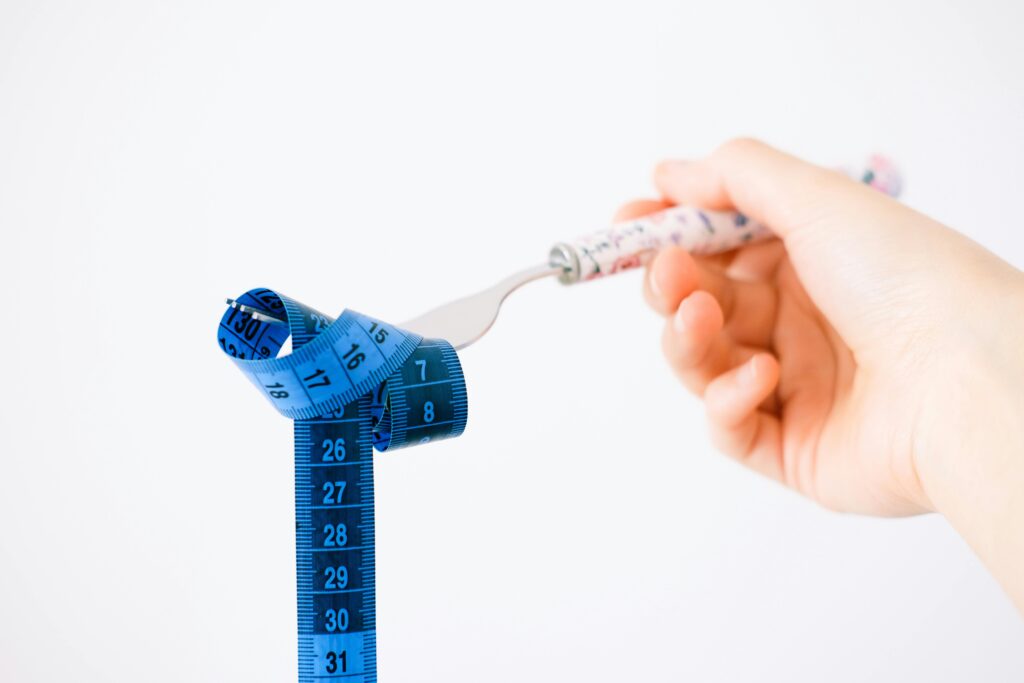Discover how minimalism can reduce anxiety and sharpen your focus. Simplify your mental and physical space to calm your nervous sytem and boost clarity.
By Ana Brown B.A. Psychology, Mental Health Content Writer. Reviewed by Dr. Pascale Piron, Psy.D., M.A., LCPC
I have moved a few times and every time I had to move I promised myself I would take the opportunity to declutter my place prior to moving day. But every single time I ended up filling the new space with more stuff than I had before. It became a habit, a bad one. For years I constantly stressed myself about the time spent weekly to organize and clean. What I wasn’t aware of was the anxiety that this excessive ownership of material things was causing my brain. I was frequently overwhelmed and distracted trying to keep up with a routine only focused on keeping my surroundings organized rather than actually being productive with projects and interests that truly mattered to me such as quality time with my family. My mind lacked focus and clarity, and I wish I would have known this years ago. Minimalism does help with creating a mental and physical space that fosters a more calming and relaxed environment and frame of mind. Decluttering for mental health is actually a real technique used in therapy.
We are living in challenging times of overwhelming stress and modern-day anxiety caused by world events and the negative impact of excessive use of electronic devices, overstimulating our brains, we do not need to add any more life stressors to our daily routine. Coming home from work to a calming space is a great way to relax and rewind. When we let go of things and thoughts that no longer serve us we improve our sense of peace and self. I am not talking about empty walls and shelves. I am talking about moderation and equilibrium.
Minimalism is about intentional living. When we intentionally choose what adds value to our lives and release what doesn’t, we naturally become more focused and less stressed.
First, let’s talk about anxiety and how it’s linked to clutter. The definition of anxiety by the Mayo Clinic is as follows:
Anxiety is a symptom of a stress response.”
THE LINK BETWEEN ANXIETY AND CLUTTER:
We all have heard the word cortisol which is defined by Cedars-Sinai Medical Center as:
“A steroid hormone manufactured in the adrenal glands. Cortisol is responsible for maintaining constant blood pressure and blood glucose levels, regulating immune function and anti-inflammatory mechanisms, and dictating our fight-or-flight response.”
When we experience high and constant levels of anxiety it directly affects our bodies.It impacts our mental and physical health in more ways than it should. Some life events are inevitable, but some are under our control, such as where we live, where we sleep and work.
According to a study by UCLA anxiety is directly related to clutter, “researchers have long recognized that people’s experiences and perceptions of their everyday environments can inform their well-being. For example, the physical characteristics of living and work spaces, including features like crowding, clutter,noise, and artificial light, have been shown to affect mood and health in populations ranging from young children to senior citizens (e.g Evans, 2006; Molony, McDonald & Palmisano-Mills, 2007).”
It’s no surprise that parents of young children or teenagers may see their stress levels constantly increased while dealing with clutter and chaos. But there are ways to learn how to create clutter free spaces to avoid compromising our mental health.
HOW TO DECLUTTER AND DECREASE ANXIETY:
You don’t need to overwhelm yourself trying to reorganize, clean and declutter all at once. Enjoy the process and stay present. By changing your approach to life and setting more intentional goals, you will reap the benefits sooner than you think. Start by:
- Prioritize the areas where you spend the most amount of time.
- Divide your items into 3 categories: donate, trash, keep.
- Declutter area by area, do not focus on the entire space.
- Recognize that decluttering can be emotional challenging.
- Listen to calming music while sorting an area.
- Reward yourself such as an outing with someone you enjoy.
- Respect your pace.
- Schedule regular decluttering time weekly or monthly.
- If decluttering feels overwhelming, seek help of a friend, family or a therapist..
- Set up a timer for 15 minutes at a time.
Fewer distractions may calm your nervous system and create more mental space for more creativity and mental energy. We feel less pressure to multitask when you don’t have a million items on your daily to do list. That project at work which could result in a big promotion shouldn’t be put aside because your bathroom counter looks extremely distracting and dysfunctional.

OUTER ORDER CREATES INNER PEACE
SIMPLE WAYS TO START A MINIMALISM MINDSET:
- Write down the reasons why you want to simply your life.
- Create at least one space free of any clutter.
- Set up daily time to pick up mess before bedtime.
- Plan your meals
- Practice wise shopping, more of what it’s needed than wanted.
- Avoid digital cluttering: excessive use of social media or phone.
- Make use of lists and calendar when planning your schedule.
- Invest in experiences rather than material items.
- Choose quality over quantity.
- Use the rule: One item in, one item out.
- Find your calm with breathing and relaxation exercises.
- Journal to create mental space for positive thinking.
- Track your budget.
BREATH.
Minimalism is not a one time event in our lives. It is a way of living. It’s about daily awareness of what is actually important. It fosters self-awareness, a calmer nervous system, resilience and emotional regulation. Your body will thank you.
Although minimalism can improve our mental health, sometimes the root cause of clutter lies beneath the mess. Seek professional help if you feel that anxiety is causing the cluttering instead of cluttering causing anxiety. Treating the root cause of a mental health challenge is always the first step towards healing.
Inhale…and exhale. You got this.
Be kind. Be brave. Be well.
HELPFUL LINKS:
The Many Mental Benefits Of Decluttering
DISCLAIMER:
The content of these webpages and blogs and information provided is for general informational and educational purposes only and is not intended as a substitute for professional medical or mental health advice, diagnosis, or treatment. Always seek the advice of your qualified health care provider with any questions you may have regarding a medical or mental health condition. Seek professional help immediately if you are experiencing a mental health crisis or any other medical condition.






